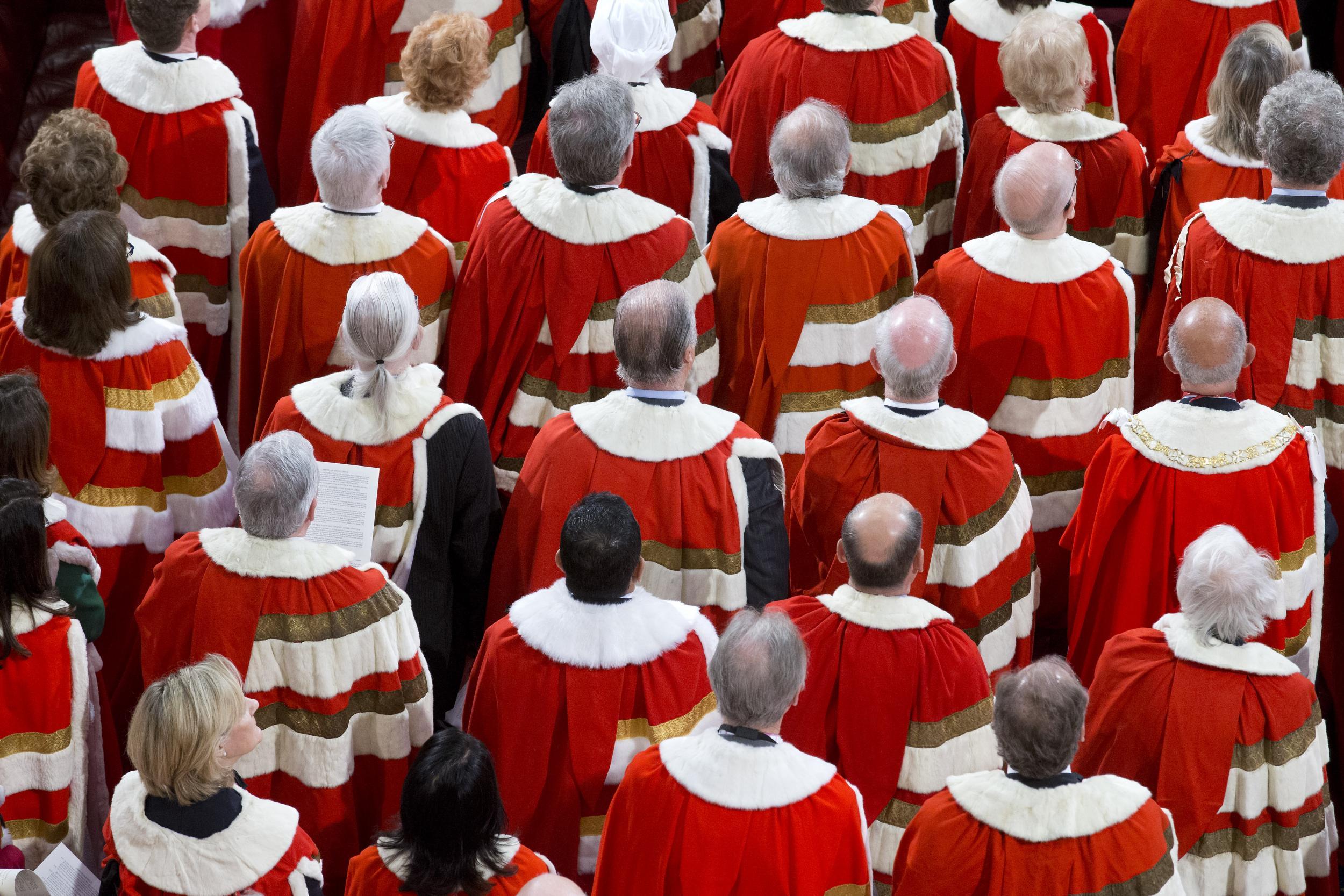A parliamentary vote at the end of the Brexit talks is not good enough
A range of MPs and peers are preparing to hold the Government to account as it negotiates to leave the European Union

Both Houses of Parliament have been a little slow in getting to grips with their responsibilities to hold the Government to account over leaving the European Union, but they are now beginning to catch up.
The House of Lords EU Committee report published today makes the important point that it would be too late if Parliament is merely allowed to vote on the Brexit deal negotiated by the Government. This was the apparent concession so generously allowed by Downing Street on Tuesday. No 10 confirmed the view offered by the Government’s lawyer in the High Court that a vote of Parliament on the Brexit deal was “highly likely”.
This was a form of words that appears to have lifted sterling in the foreign exchange markets, on the assumption that it means a softer Brexit rather than a harder one. Unfortunately, unless parliamentary scrutiny of Brexit is considerably more effective than a single vote at the end of the process, this assumption is unlikely to be warranted.
The Prime Minister has made it clear that she regards reducing immigration as the starting point of her negotiations with the 27 remaining members of the EU, which implies the hardest possible Brexit – “hard” meaning the most expensive access to the EU single market and therefore the most damage to the British economy. (Ben Chu, our Economics Editor, sets out the range of Brexit options here.)
Hence the importance of the Lords committee report, which describes the idea that Parliament should have a say only after Brexit negotiations are finished, by voting on any final agreement between the UK and EU, as “unacceptable”.
This is, if anything, an understatement. The problem is that once Article 50 of the EU Treaty has been invoked, which the Prime Minister has said will be by the end of March, the clock will be running on the negotiations. Article 50 requires the relationship between the EU and the departing member state to have been decided within two years. If no agreement has been reached by then, the UK will be out of the EU with no more favourable access to the EU market than North Korea has. The Article 50 timetable can be extended, but only by unanimous agreement of all parties, which cannot be assumed.
If, therefore, the Government comes to Parliament with a Brexit deal towards the end of the two-year period, MPs and peers face an invidious choice. The choice would not be the deal or staying in the EU. The choice would be leaving the EU with the deal or without it – the North Korea option, if you like.
That is why the Lords committee concludes that the Government must allow Parliament to provide “timely and constructive” commentary throughout the negotiations. Lord Boswell, the committee chair, makes the important point that such consultation “will in fact increase the chance of Parliament and the public accepting the final deal”.
He says that his committee is not asking that Parliament should “micromanage” the negotiations, “but we do have a role and a duty to scrutinise the way the Government goes about that task”.
He is right. And we need to be clear that this means that Parliament has to reserve the right to put pressure on the Government, if necessary by voting on important aspects of the negotiations in good time before the final deal.
Lord Boswell and his fellow parliamentarians in the Commons, led by Keir Starmer, the shadow Brexit Secretary, and Hilary Benn, the chair of the Brexit select committee – and at Prime Minister’s Questions yesterday by Conservative MPs Kenneth Clarke and Heidi Allen – are to be commended for preparing to hold the Government to account before the Brexit negotiations begin.

Join our commenting forum
Join thought-provoking conversations, follow other Independent readers and see their replies